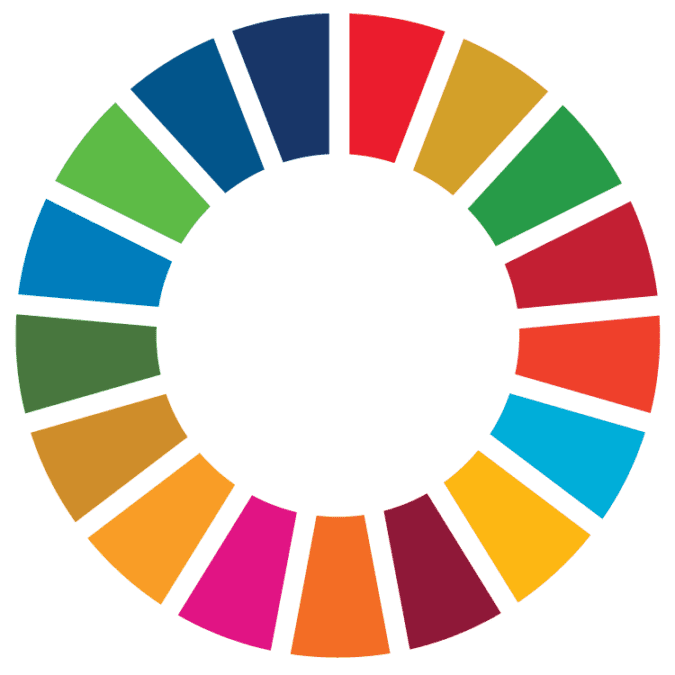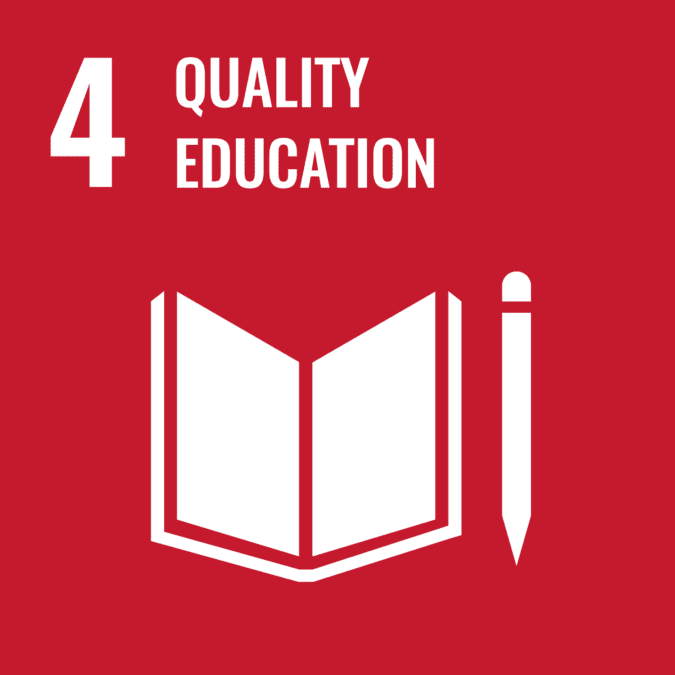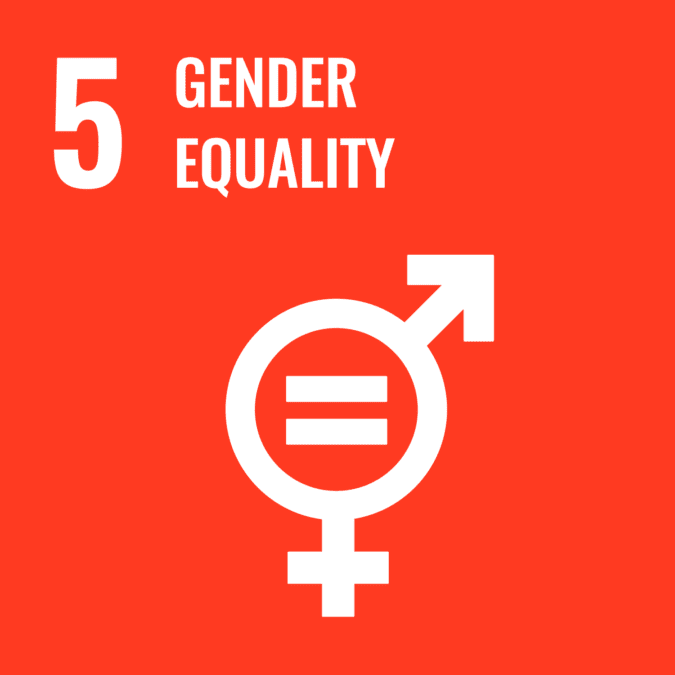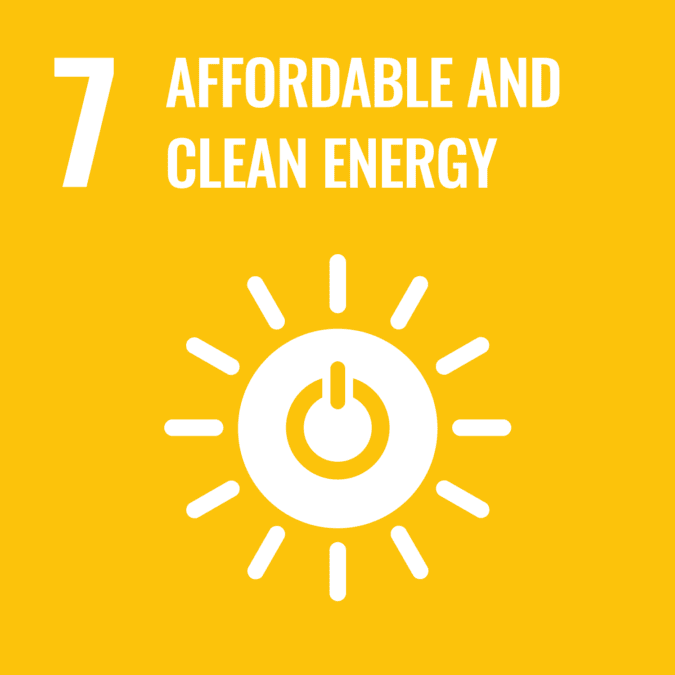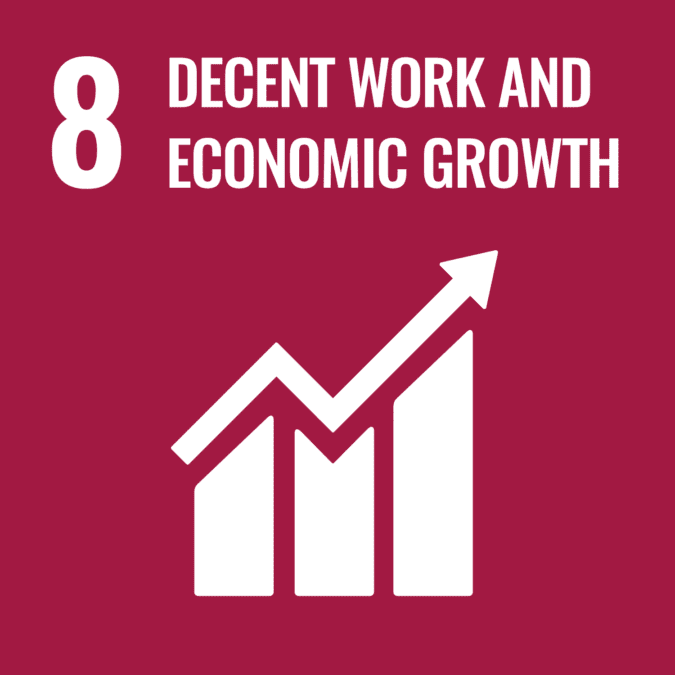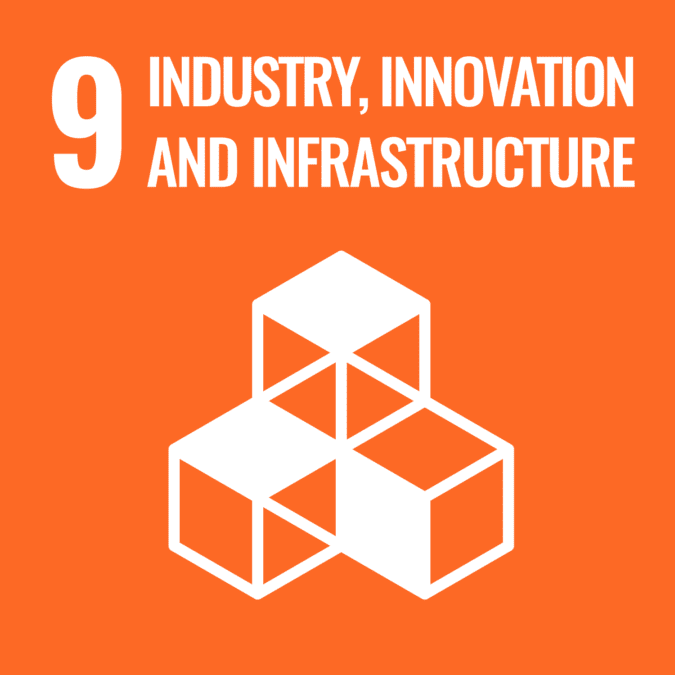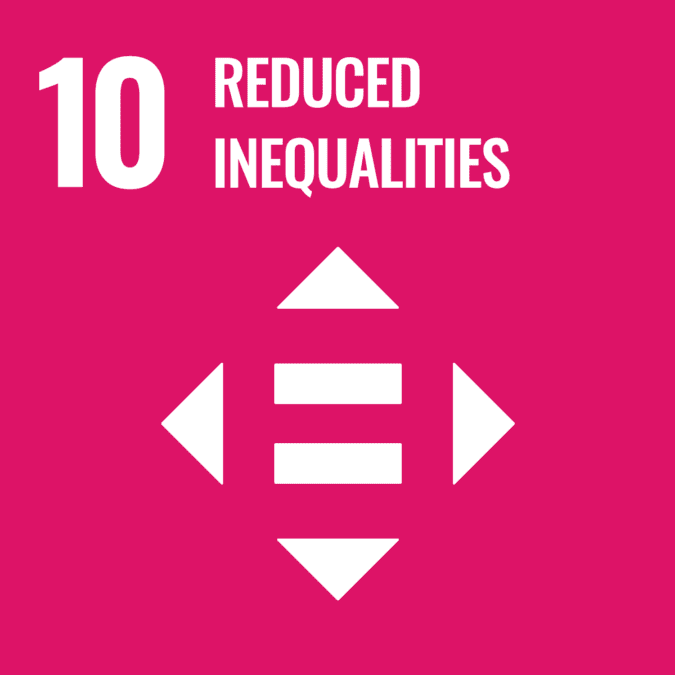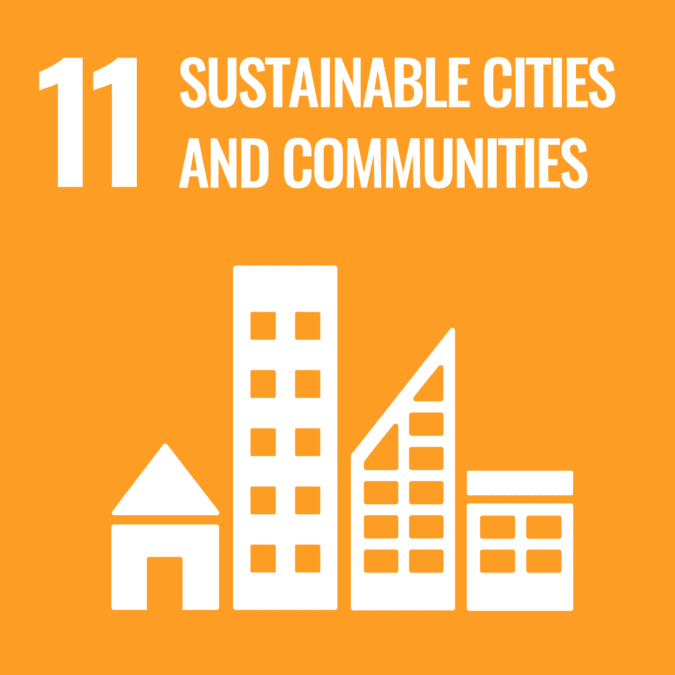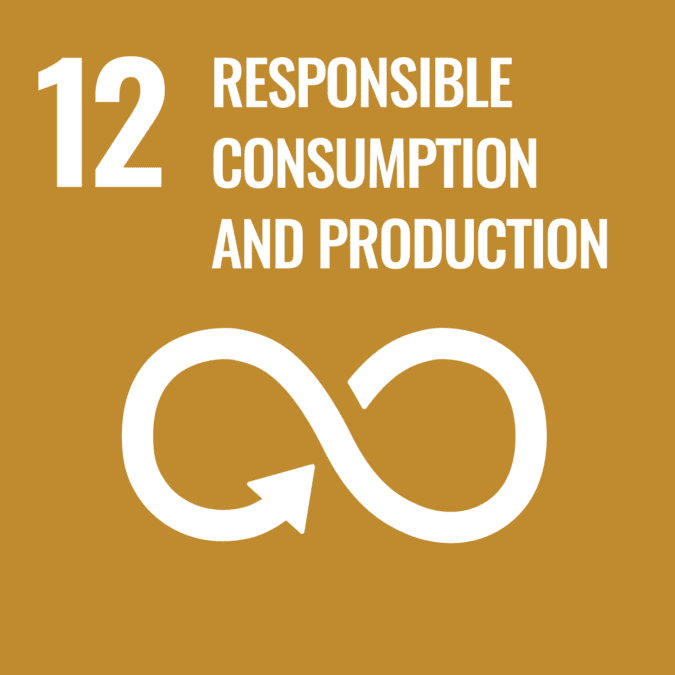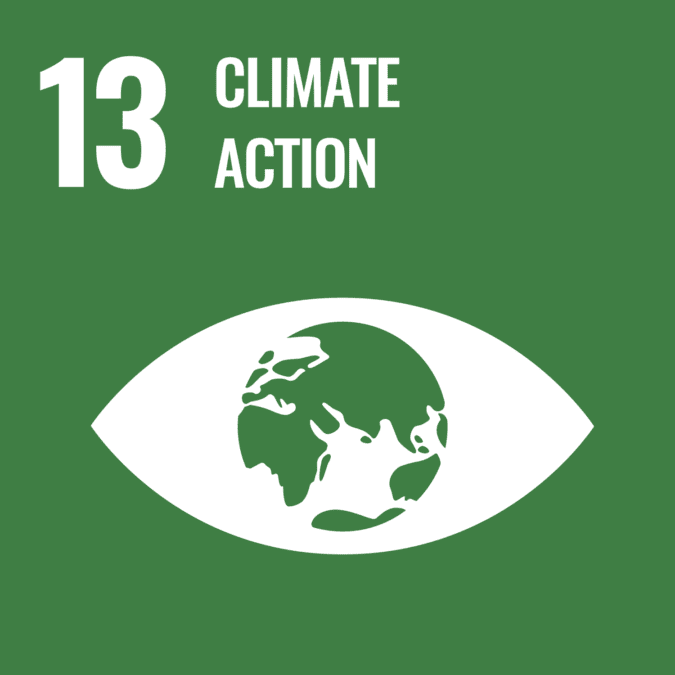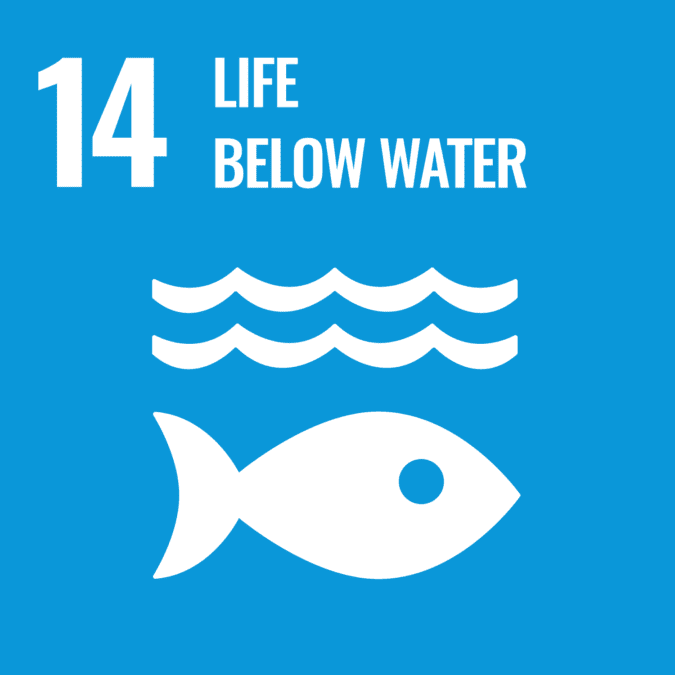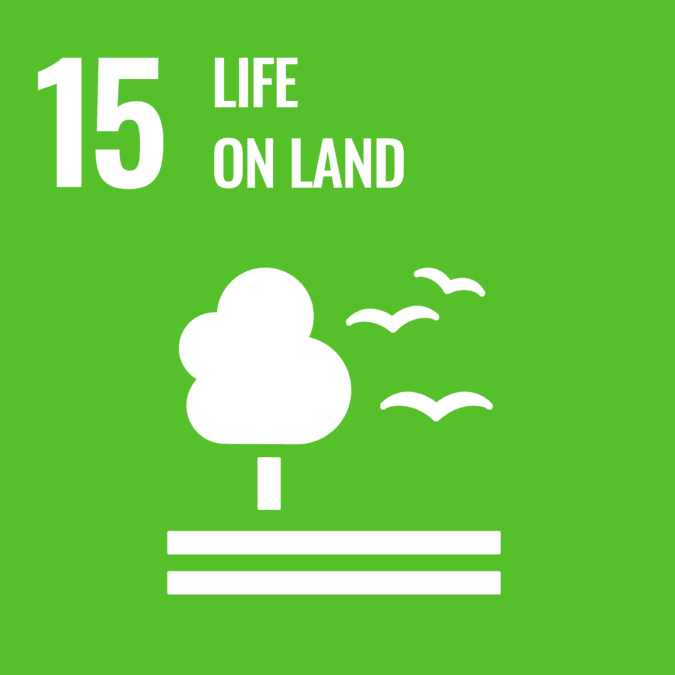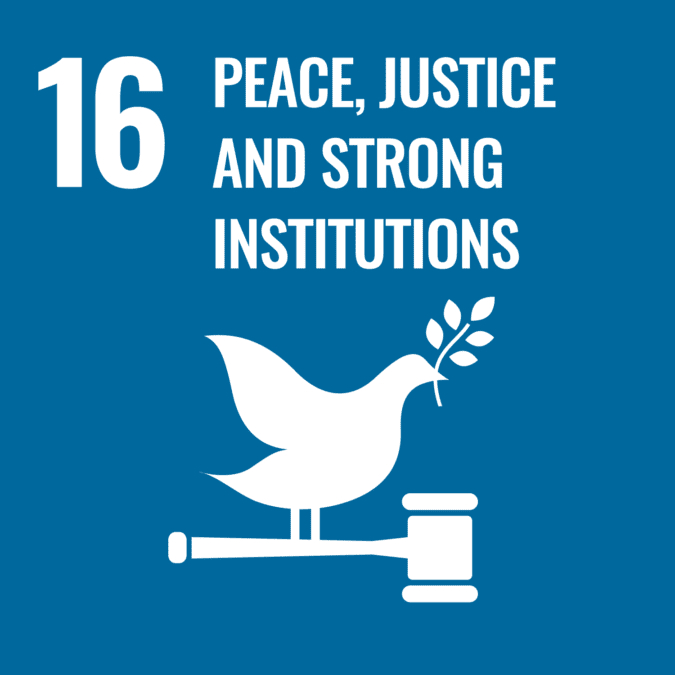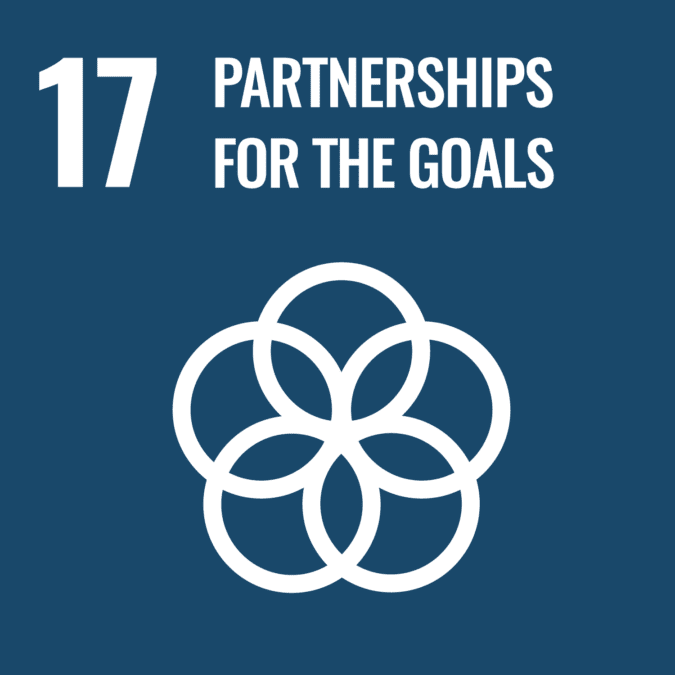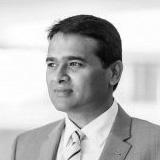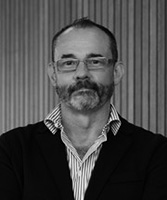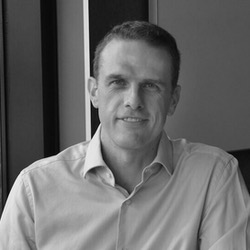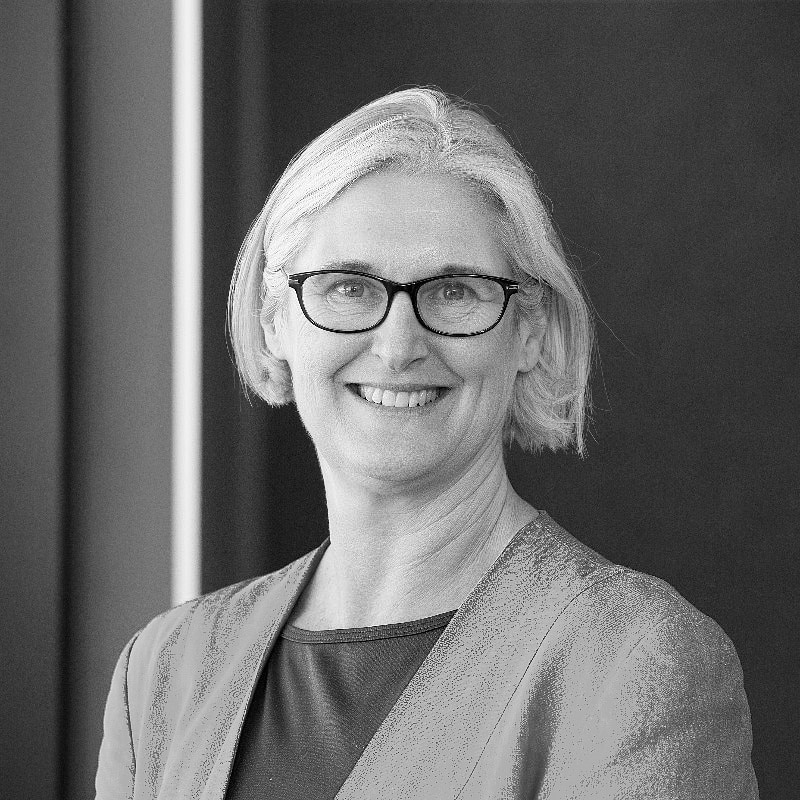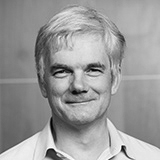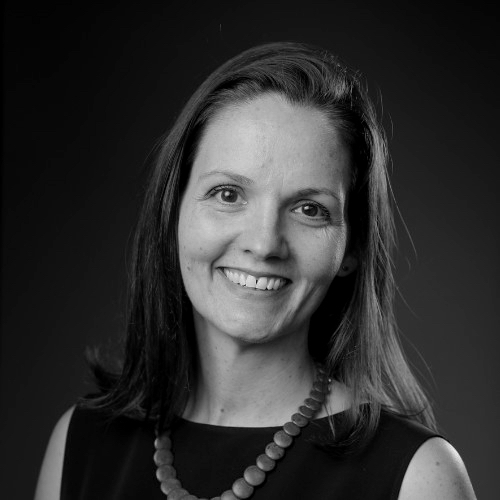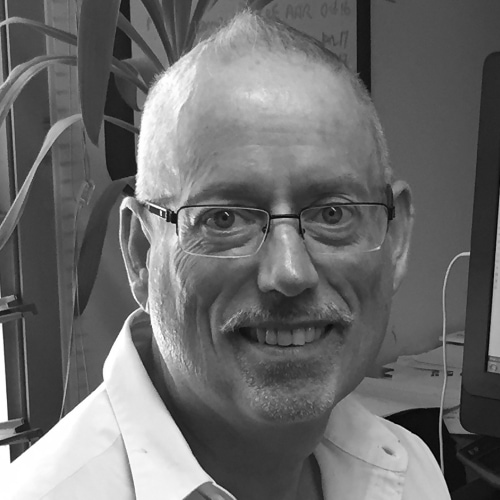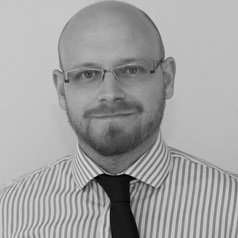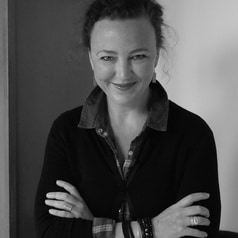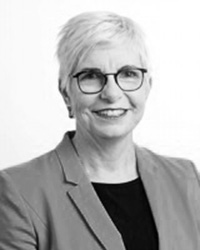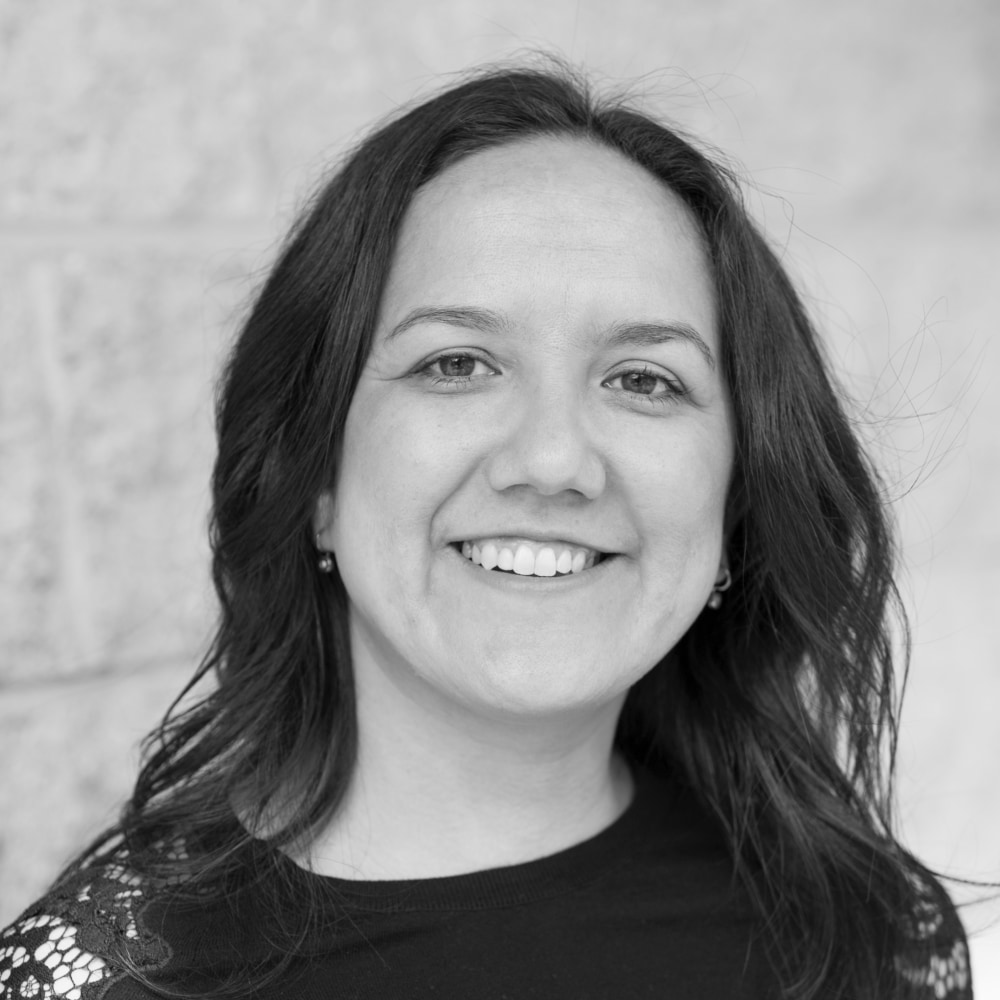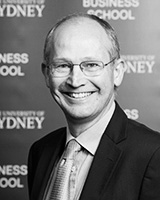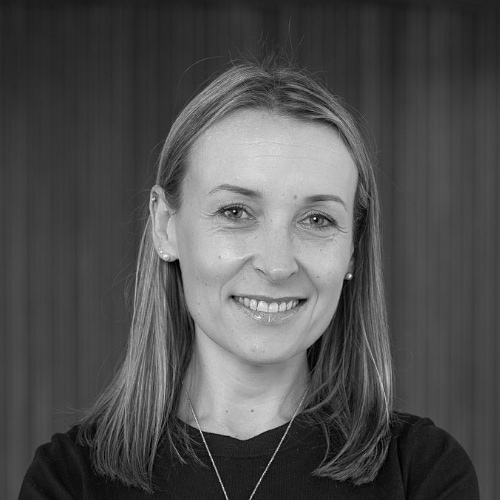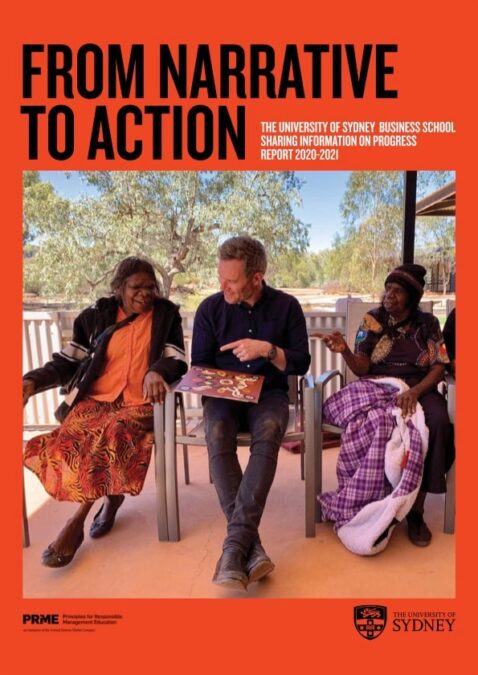
SDGs by 2030 – are we on track?
Discover how the Business School academics’ research is helping to advance the UN’s 17 Sustainable Development Goals in line with our commitments as a PRME signatory.
Our commitment
To the challenge ‘what are you doing for the great sustainability quest’ our academics at the University of Sydney Business School responded with research projects that contribute to achieving the SDGs by 2030.
These articles, resources and teaching aids are part of our School’s commitment to the SDGs. They are available for use under the creative commons licence. We welcome external collaborations towards the SDGs.
Professor Steven Maguire
Deputy Dean (Research)
The University of Sydney Business School
The world community committed in 2015 to achieve the 17 Sustainable Development Goals by 2030. The UN report at the halfway mark in 2023, shows just 15% of the 169 SDG targets are on track to being achieved.
The world needs more projects and ambitious collaborations towards the SDGs. I believe you will be inspired by the ideas here. The SDGS need universities to partner with business, community, governments and society to land the goals by 2030.
Professor Jaime Miranda
Co-Chair, Global Sustainable Development Report 2023
Head of School, Sydney School of Public Health
The goals
Goal 1: No poverty
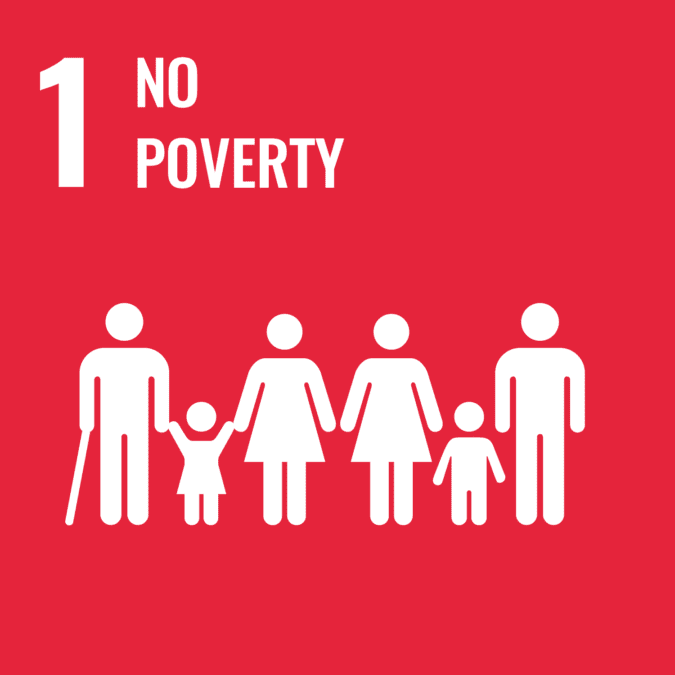
End poverty in all its forms everywhere.
The COVID-19 pandemic has reversed the progress of poverty reduction in the past 25 years leading to an additional 75 – 95 million people living in extreme poverty in 2022. Many countries have introduced short-term social protection measures to help the poor and protect people’s health, jobs and income. If these measures continue, they will provide the needed assistance for the poor and help them move out of poverty.
More on Goal 1

Universal Basic Income with Scott Santens
This week: Universal Basic Income (UBI) trials have taken place all over the world from Namibia to Alaska. We talk with researcher and advocate Scott Santens about the future of the basic income.

Digital empathy – what the workers of the world will need to flourish
How will businesses that fail to invest in employee upskilling struggle in the new digitalised world of work?
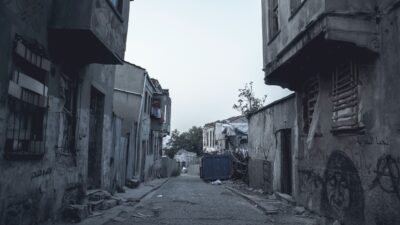
A shrinking middle class, rising global poor
The pandemic has pushed millions out of the global middle class and increased the number of poor.
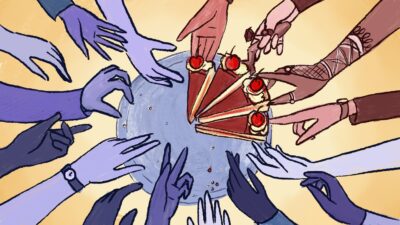
The pandemic, poverty and business
With developing countries now accounting for three quarters of new COVID-19 cases, what should businesses be doing?
Goal 2: Zero hunger
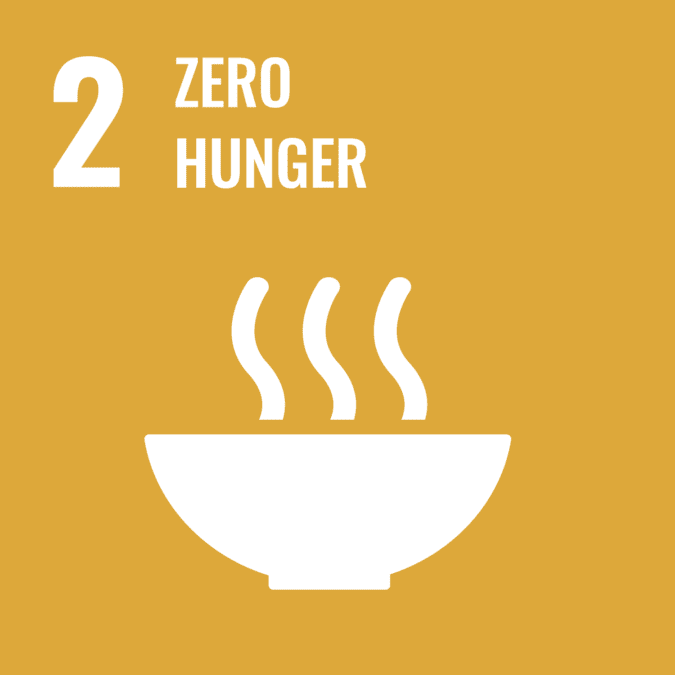
End hunger, achieve food security and improved nutrition and promote sustainable agriculture.
Goal 2 seeks sustainable solutions to end hunger in all its forms by 2030 and to achieve food security. The aim is to ensure that everyone everywhere has enough good-quality food to lead a healthy life. Achieving this Goal will require better access to food and the widespread promotion of sustainable agriculture.
More on Goal 2
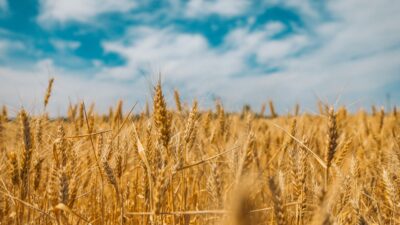
Harvest season is also peak time for conflict in rural societies
Do harvest season spikes in agricultural income and conflict in rural Africa and Asia present an opportunity to adjust peacekeeping and aid efforts?

Food security starts with food sovereignty
The UN's Zero Hunger goal faces challenges in West Papua, where palm oil plantations are erasing Indigenous foodways - could a food sovereignty framework help balance development, culture, and sustainability?
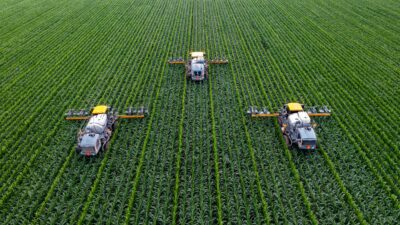
What this year’s El Niño means for wheat and global food supply
The new El Niño is unlikely to significantly increase global food prices, but some parts of the world will feel the pain.

The future of seafood with Aryé Elfenbein
This week: we discuss lab-grown seafood and the future of fish with Wildtype Co-Founder, Aryé Elfenbein.
Goal 3: Good health and well-being
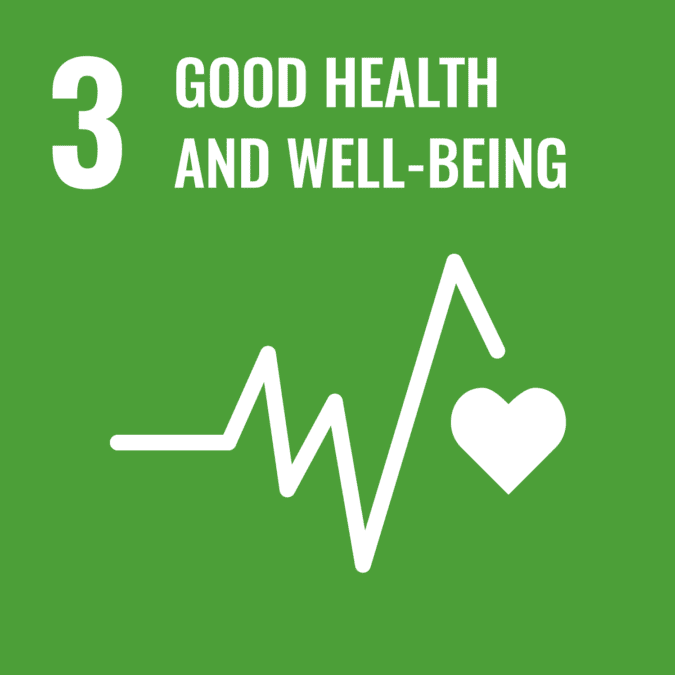
Ensure healthy lives and promote well-being for all at all ages.
The COVID-19 pandemic has had a significant impact on global health, disrupting essential services and exacerbating health inequality. Other areas of healthcare, such as maternal and child health, have also been impacted as well as efforts to combat infectious diseases like HIV, tuberculosis and malaria. Human beings are entitled to a healthy and productive life, and efforts should promote immunisation, preventative healthcare, and equal access.
More on Goal 3
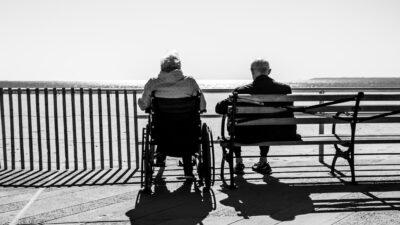
Confronting ageing: the talk Australia has to have
Australian society will be reshaped as its population ages, it needs to have some confronting conversations about ageing and how it pays the inevitable cost.
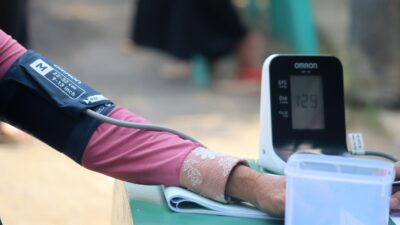
There is a SMART solution to worker burnout
The psychological toll on healthcare and social assistance workers is immense - what if we could reimagine these jobs to prevent burnout?

Morning or evening type? Choice of hours is the next big thing in workplace flexibility
More choice over when we work be the next big gain in productivity.
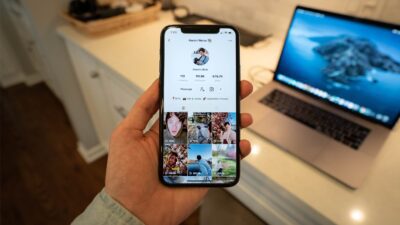
Is 13 too young to have a TikTok or Instagram account?
The US surgeon general says 13 is ‘too early’ to be on social media. But an expert on parenting and digital media cautions against a ‘one-size-fits-all’ approach.
Goal 4: Quality education
Ensure inclusive and equitable quality education and promote lifelong learning opportunities for all.
Access to high quality education is important for building capabilities, equality, and economic mobility around the world. Education is also fundamental for individuals to live a happy and satisfying life. While education alone cannot solve economic problems caused by shortcomings in other policy areas, it is an essential part of a comprehensive approach to addressing these issues and requires well-supported and adequately funded educational institutions and systems.
More on Goal 4

Are we there yet? Australia’s bumpy road to SDG 4, achieving quality education
With a robust education system, why does Australia falter on delivering equitable, quality learning for every student?
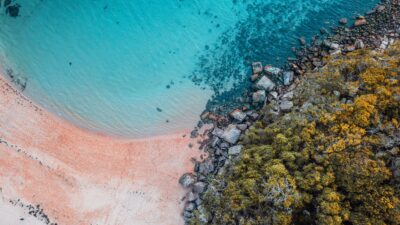
Black learning matters – appreciating Indigenous wisdom in management education
How can educators respectfully and meaningfully introduce Indigenous stewardship concepts with a sense of appreciation rather than appropriation?

The future of higher education with Mark Scott
This week: what is the future of universities? As the sector navigates disruption and uncertainty, special guest Professor Mark Scott joins us to discuss the future of higher education.
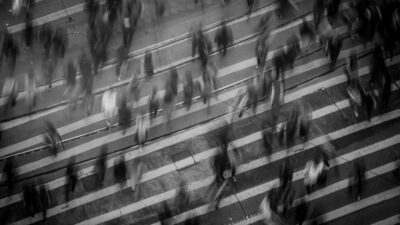
Working out the truth of The Great Resignation
Workers are resigning their jobs at historical rates, but what's the story behind the statistics?
Goal 5: Gender equality
Achieve gender equality and empower all women and girls.
Discrimination against women remains prevalent in laws, policies, and institutions. Violence against women and girls is widespread, with over a quarter of women worldwide experiencing physical and/or sexual violence by a husband or intimate partner at least once in their lifetime. Efforts must be strengthened to address these issues to ensure that gender equality is advanced. Achieving gender equality by empowering women and girls will build a better economy and better society for all.
More on Goal 5

Technology is changing the lives of female lawyers, in ways that are bad as well as good
A new survey finds working from home is removing barriers for women, but also blurring the barrier between work and the “safe space” of home.

Leading women into digital careers – programming not required
For International Girls in ICT Day, we reflect on a recent Women Leading in Digital event.

Hybrid work: the 9 things we have learnt
After the pandemic-induced experimentation with new forms of work – here is a checklist of nine things we have learnt about hybrid working (and what is, and isn’t, working).

Hybrid office fashion
This week: what should you wear to work: the end of suit and heels and more hybrid office fashion.
Goal 6: Clean water and sanitation
Ensure availability and sustainable management of water and sanitation for all.
Access to safe water, sanitation and hygiene is basic for human health and wellbeing, and billions of people will lack access to these basic services in 2030 unless progress quadruples. The demand for water is rising due to rapid population growth, urbanisation, and increasing water needs from agriculture, industry, and energy sectors. Decades of poor management, over extraction of groundwater, and contamination of freshwater supplies have exacerbated water stress.
More on Goal 6

Making room for the rivers
When deciding if they should live with or fight the floods, Australia and many other countries can learn from the Netherlands.
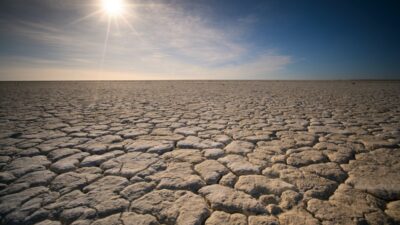
Running out of water on the blue planet
How do governments close the water management gap and improve universal access to water?
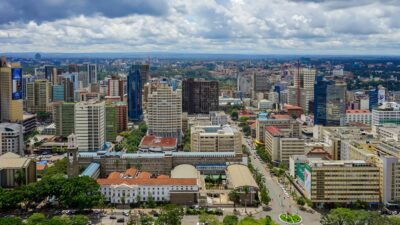
Africa is the 21st century’s promise and peril
Will the blooming of an overwhelmingly youthful society produce a dynamic catalyst for national exuberance and productivity?

Daniel Flynn on social entrepreneurship
Thankyou's Daniel Flynn shares his thoughts on keeping up with experimentation in business, the role of technology, and changing consumer preferences.
Goal 7: Affordable and clean energy
Ensure access to affordable, reliable, sustainable and modern energy for all.
Despite progress, there are still 733 million people globally living without access to electricity, and 2.4 billion cooking with harmful and polluting fuels. Although the use of renewable energy and energy efficiency have improved, rising global energy prices are increasing energy insecurity. Countries need to speed up the transition to renewable energy and increase investments in renewables and energy efficiency.
More on Goal 7
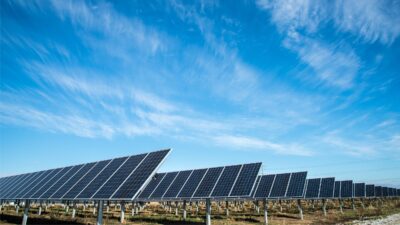
Solar overtakes oil investment – at last
The shift in energy investment over the last eight years is a key signal that change is possible.

What the DAC? Can Direct Air Capture help save the planet from global warming?
Once the ‘ugly duckling’ of decarbonisation, direct air capture is finally winning friends and influence.
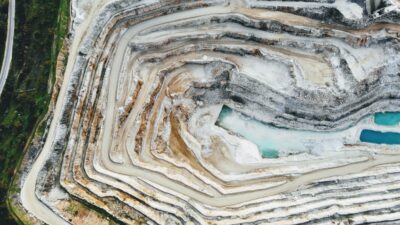
Resource security for renewable energy? No worries!
Is it possible to power the world’s energy needs and also reduce greenhouse gas emissions?

Coal, oil and gas and their inflationary problem
The clean energy transition is inevitable one way or another, but will greenflation be an issue along the way?
Goal 8: Decent work and economic growth
Promote sustained, inclusive and sustainable economic growth, full and productive employment and decent work for all.
It is important that countries build inclusive growth by focusing on job creation, by investing in and developing sound, effective and efficient economic and social infrastructure as well as the need for workers to have access to education, skills, health care, social security and fundamental rights at work.
More on Goal 8

Australian consumers support better protections for gig workers
What is the quality, rather than the quantity, of the jobs that we wish to tolerate as a society?

Looking for employees with high productivity and low turnover? Hire a refugee.
Research shows refugees make motivated, loyal employees with lower turnover, but are employers overlooking this untapped talent due to assumptions and perceived barriers?

The emerging untruths of a global economy
The developing economic arrangements will not be a return to last century’s certainties.

Morning or evening type? Choice of hours is the next big thing in workplace flexibility
More choice over when we work be the next big gain in productivity.
Goal 9: Industry, innovation and infrastructure
Build resilient infrastructure, promote inclusive and sustainable industrialization and foster innovation.
The Johannesburg Plan of Implementation notes the mutually reinforcing relationship between social and industrial development. Industrialisation and innovation have the potential to promote, directly and indirectly, a variety of social objectives such as employment creation, poverty eradication, gender equality, labour standards, and greater access to education and healthcare.
More on Goal 9

VR is transforming how buildings are made
We no longer need to rely on the individual capability of people to read plans or imagine the spaces based on the pictures or verbal descriptions.

Global cities as future drivers of international business activities
Cities contribute more than 80% of global GDP, but how can they attract innovative and sustainable businesses?
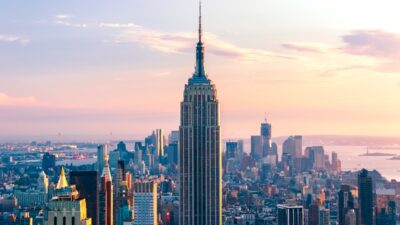
Think slow to ensure your project succeeds
What do the movie studio Pixar and the Empire State Building have in common? Professor Bent Flyvbjerg shares principles of good project management.
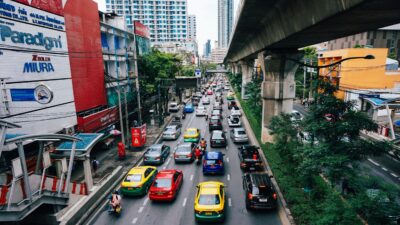
Planes, trains and automobiles – David Hensher’s moving life
What does an academic with a Google Scholar citation score of over 67,000 think about the impact of his career?
Goal 10: Reduced inequalities
Reduce inequality within and among countries.
The COVID-19 crisis has exacerbated global income inequality, partly reversing the decline of the previous two decades. Weak recoveries in emerging markets and developing economies are expected to raise between-country inequality. Globally, the absolute number of refugees in 2021 was the highest on record. The war in Ukraine is creating one of the largest refugee crises of modern times. Countries need to work together to address global inequality.
More on Goal 10

Looking for employees with high productivity and low turnover? Hire a refugee.
Research shows refugees make motivated, loyal employees with lower turnover, but are employers overlooking this untapped talent due to assumptions and perceived barriers?

Leading women into digital careers – programming not required
For International Girls in ICT Day, we reflect on a recent Women Leading in Digital event.
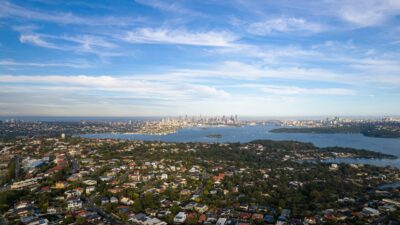
Welcome to Sydney 2036, how is the 3 part city working?
What does life look like for a 36 year-old Sydney resident in 2036?

Universal Basic Income with Scott Santens
This week: Universal Basic Income (UBI) trials have taken place all over the world from Namibia to Alaska. We talk with researcher and advocate Scott Santens about the future of the basic income.
Goal 11: Sustainable cities and communities
Make cities and human settlements inclusive, safe, resilient and sustainable.
More than half of the world’s population live in urban settings. Cities are hubs for ideas, commerce, culture, science, productivity, social, human and economic development. Urban planning, transport systems, water, sanitation, waste management, disaster risk reduction, access to information, education and capacity-building are all relevant issues to sustainable urban development.
More on Goal 11

VR is transforming how buildings are made
We no longer need to rely on the individual capability of people to read plans or imagine the spaces based on the pictures or verbal descriptions.

Taking no for an answer: how governments can keep citizens engaged on digital platforms
How should "citizen-sourcing" initiatives be designed, to enable positive interactions and transparency?

Making room for the rivers
When deciding if they should live with or fight the floods, Australia and many other countries can learn from the Netherlands.

Global cities as future drivers of international business activities
Cities contribute more than 80% of global GDP, but how can they attract innovative and sustainable businesses?
Goal 12: Responsible consumption and production
Ensure sustainable consumption and production patterns.
Developing countries bear a large part of the climate, biodiversity and pollution impacts of resource-intensive production processes, without reaping their benefits. This situation has been made worse by the impacts of the pandemic. As part of sustainable global pandemic recovery strategies, the implementation of sustainable consumption and production will maximise the socioeconomic benefits of resource use while minimising the impacts.
More on Goal 12

Food security starts with food sovereignty
The UN's Zero Hunger goal faces challenges in West Papua, where palm oil plantations are erasing Indigenous foodways - could a food sovereignty framework help balance development, culture, and sustainability?

Looking for employees with high productivity and low turnover? Hire a refugee.
Research shows refugees make motivated, loyal employees with lower turnover, but are employers overlooking this untapped talent due to assumptions and perceived barriers?
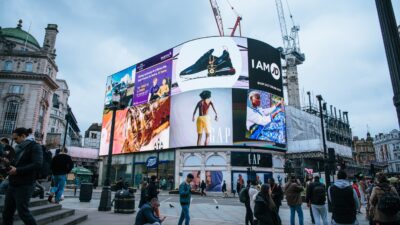
Can marketing be a force for good in the world?
Without marketing, businesses engaging in strategies relating to the UN Sustainable Development Goals are unlikely to achieve their strategic goals.

Think slow to ensure your project succeeds
What do the movie studio Pixar and the Empire State Building have in common? Professor Bent Flyvbjerg shares principles of good project management.
Goal 13: Climate action
Take urgent action to combat climate change and its impacts.
In order to limit global warming to 1.5 degrees Celsius above pre-industrial levels, scientists recommend that by 2030 global emissions should be cut by 4 percent compared with 2010 levels. According to current national commitments, however, global emissions are set to increase by almost 14 percent during the rest of the decade. Climate change is an urgent economic, environmental, and moral challenge for the world to address.
More on Goal 13

Making room for the rivers
When deciding if they should live with or fight the floods, Australia and many other countries can learn from the Netherlands.

Running out of water on the blue planet
How do governments close the water management gap and improve universal access to water?

What this year’s El Niño means for wheat and global food supply
The new El Niño is unlikely to significantly increase global food prices, but some parts of the world will feel the pain.

Can marketing be a force for good in the world?
Without marketing, businesses engaging in strategies relating to the UN Sustainable Development Goals are unlikely to achieve their strategic goals.
Goal 14: Life below water
Conserve and sustainably use the oceans, seas and marine resources for sustainable development.
Ocean ecosystems form the basis for global economies, local livelihoods, food security, nutrition, and climate adaptation and mitigation. As highlighted in the IPCC Sixth Assessment Report, harnessing the potential of the ocean by developing sustainable blue economies can build prosperity and improve the lives of all, including the most disenfranchised and marginalised communities.
The below insight was co-written by Professor Emma Johnston, Marine Ecologist and the Deputy Vice-Chancellor (Research) at the University of Sydney.
More on Goal 14

Making room for the rivers
When deciding if they should live with or fight the floods, Australia and many other countries can learn from the Netherlands.

This is Australia’s most important report on the environment’s deteriorating health
Three chief authors of the State of the Environment Report provide its key findings. While it’s a sobering read, there are a few bright spots.
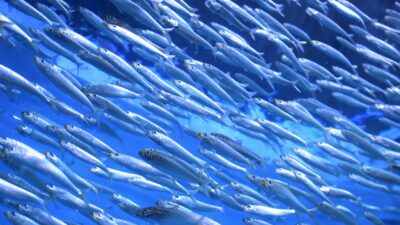
Declining fish poo changing ocean carbon balance
While commercial fishing rates have fallen, the decline in fish stocks over time is leading to unintended consequences.

Coral or coal? Business divided
What happens when the two main economic contributors in Queensland directly oppose each other? We talk to Professor Christopher Wright about the future of business in the region.
Goal 15: Life on land
Protect, restore and promote sustainable use of terrestrial ecosystems, sustainably manage forests, combat desertification, and halt and reverse land degradation and halt biodiversity loss.
Ongoing issues like global deforestation, land and ecosystem damage, and loss of biodiversity present significant challenges for sustainable development. While work is being done to manage forests and resources sustainably, it’s crucial that measures to safeguard, rejuvenate, and sustainably utilise forests and biodiversity are put into action quickly.
More on Goal 15

Harvest season is also peak time for conflict in rural societies
Do harvest season spikes in agricultural income and conflict in rural Africa and Asia present an opportunity to adjust peacekeeping and aid efforts?

Making room for the rivers
When deciding if they should live with or fight the floods, Australia and many other countries can learn from the Netherlands.

This is Australia’s most important report on the environment’s deteriorating health
Three chief authors of the State of the Environment Report provide its key findings. While it’s a sobering read, there are a few bright spots.
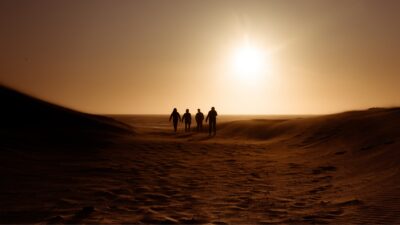
What in the world happens if we run out of sand?
The UN says current sand extraction is leading to a global crisis, so what can be done to protect this vital resource?
Goal 16: Peace, justice and strong institutions
Promote peaceful and inclusive societies for sustainable development, provide access to justice for all and build effective, accountable and inclusive institutions at all levels.
Building strong, transparent and inclusive institutions can reduce crime, corruption, and expand social freedoms. Making progress on global peace and human rights can help reduce the prevalence of exploitation, including human trafficking, incarceration rates, and violence against children.
More on Goal 16

Harvest season is also peak time for conflict in rural societies
Do harvest season spikes in agricultural income and conflict in rural Africa and Asia present an opportunity to adjust peacekeeping and aid efforts?

Taking no for an answer: how governments can keep citizens engaged on digital platforms
How should "citizen-sourcing" initiatives be designed, to enable positive interactions and transparency?
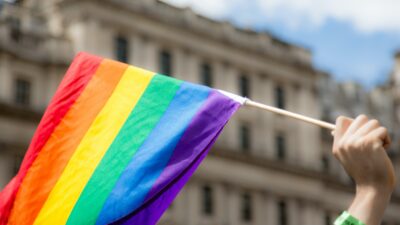
From silence to celebration – shifting experiences for LGBTIQ+ in the workplace
Momentum towards effective diversity must be maintained while there is continuing aggression against LGBTIQ+ populations around the world.

We can build a more inclusive government and economy out of the pandemic
There is a growing lament in Australia that politicians let us down. But the lesson from the pandemic is that we, the people, have the power to change our economy and politics for a better future.
Goal 17: Partnership for the Goals
Strengthen the means of implementation and revitalize the Global Partnership for Sustainable Development.
Achieving the SDGs will require building multi-stakeholder partnerships and strengthening capacity and capabilities across sectors. Revitalising the Partnership will bring organisations from civil society, business, and government including PRME together to maximise SDG impact.
More on Goal 17

The road to becoming a Global Citizen
How will our collective decisions determine the state of the world for our descendants?
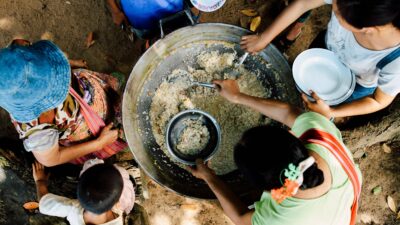
Sustainable Development Goals more urgent than ever in a post-COVID world
Prior to COVID-19, there were concerns about achieving the UN Sustainable Development Goals by 2030, a worry that has been clearly exacerbated by the pandemic.
How we’re contributing
The University of Sydney Business School has been a signatory to the United Nations Global Compact, Principles for Responsible Management Education (PRME), since 2016. The School has committed to ensuring that the Sustainable Development Goals (SDGs) will systematically transform the narrative of business and management education beyond shareholder value maximisation.
